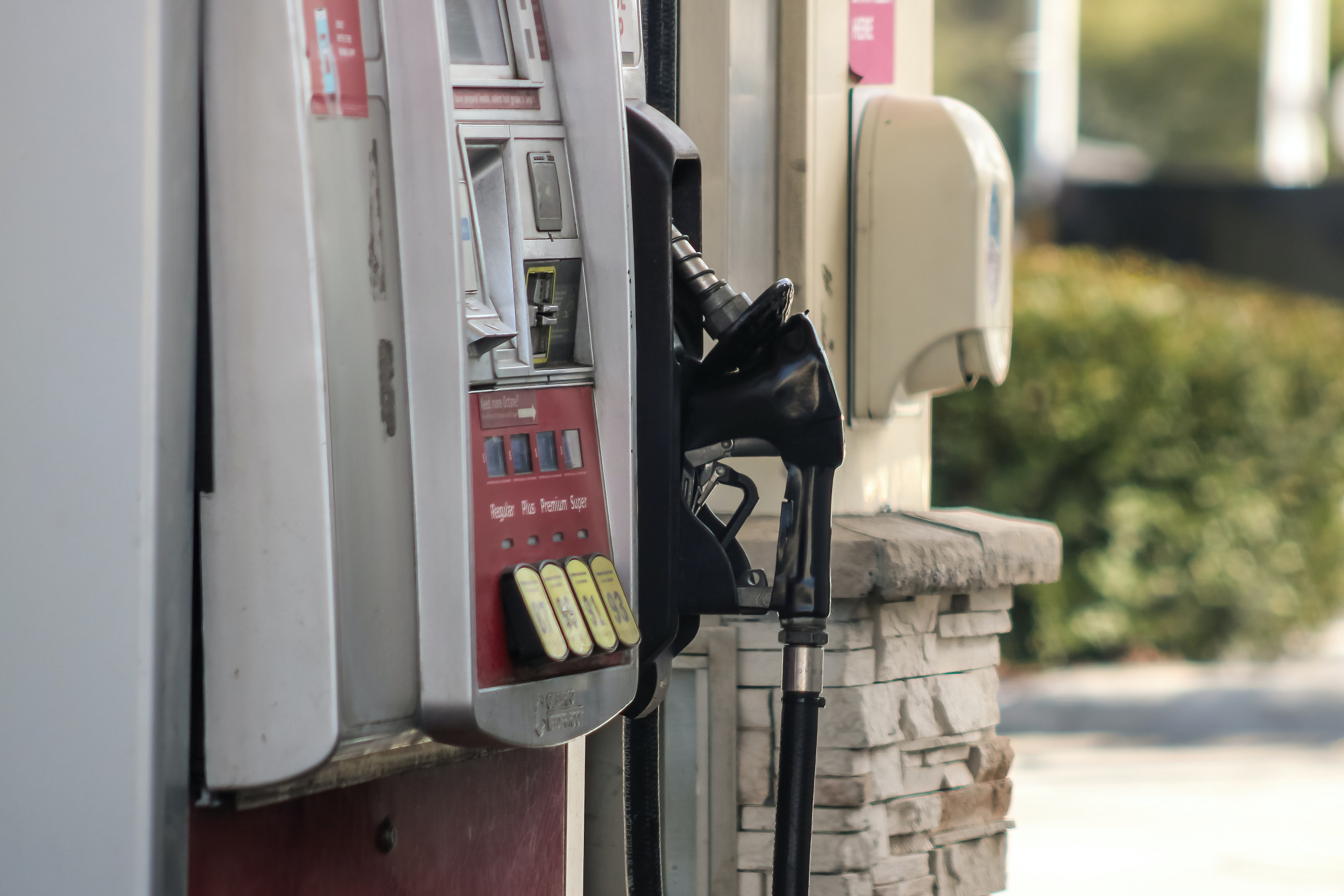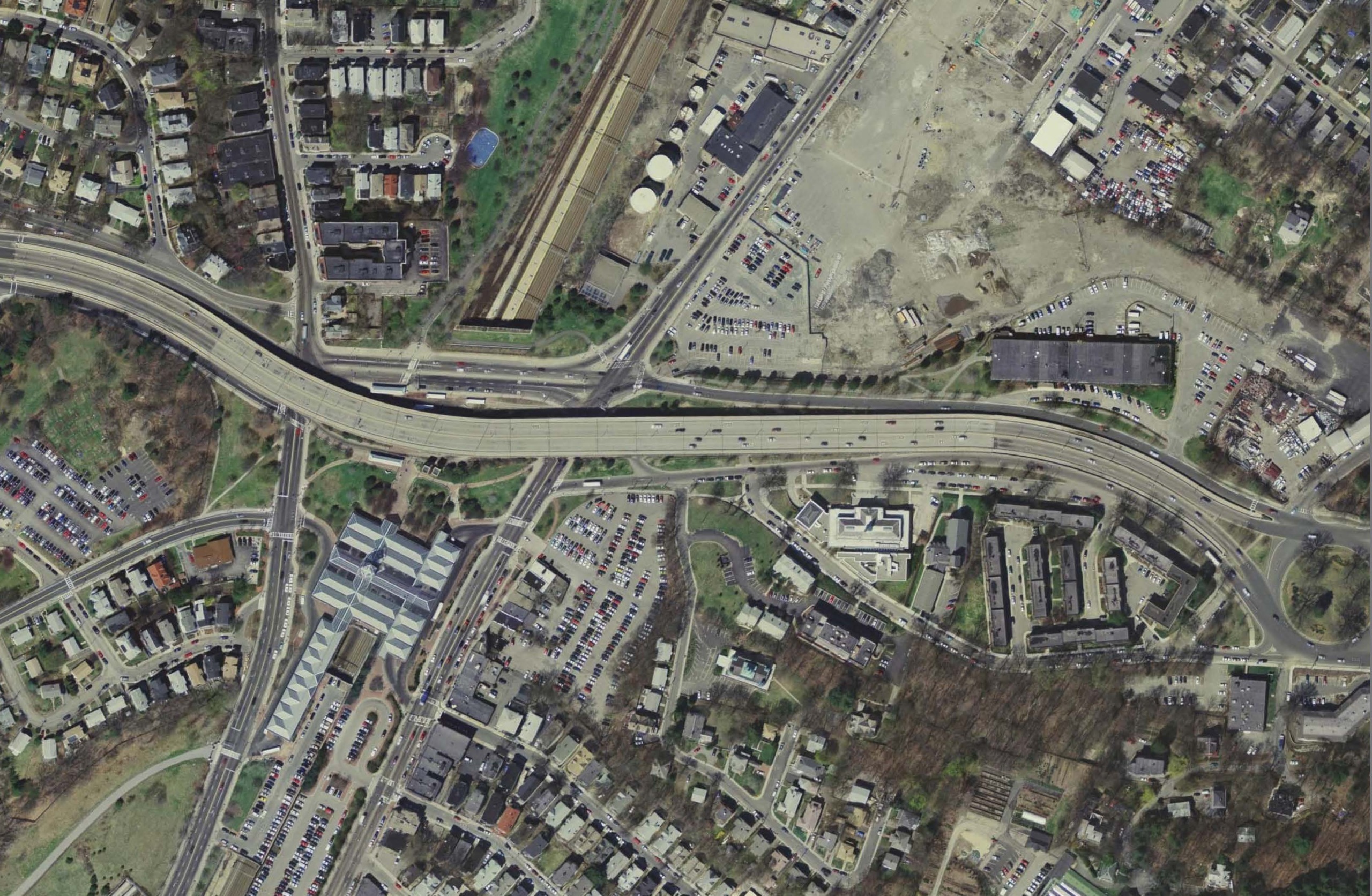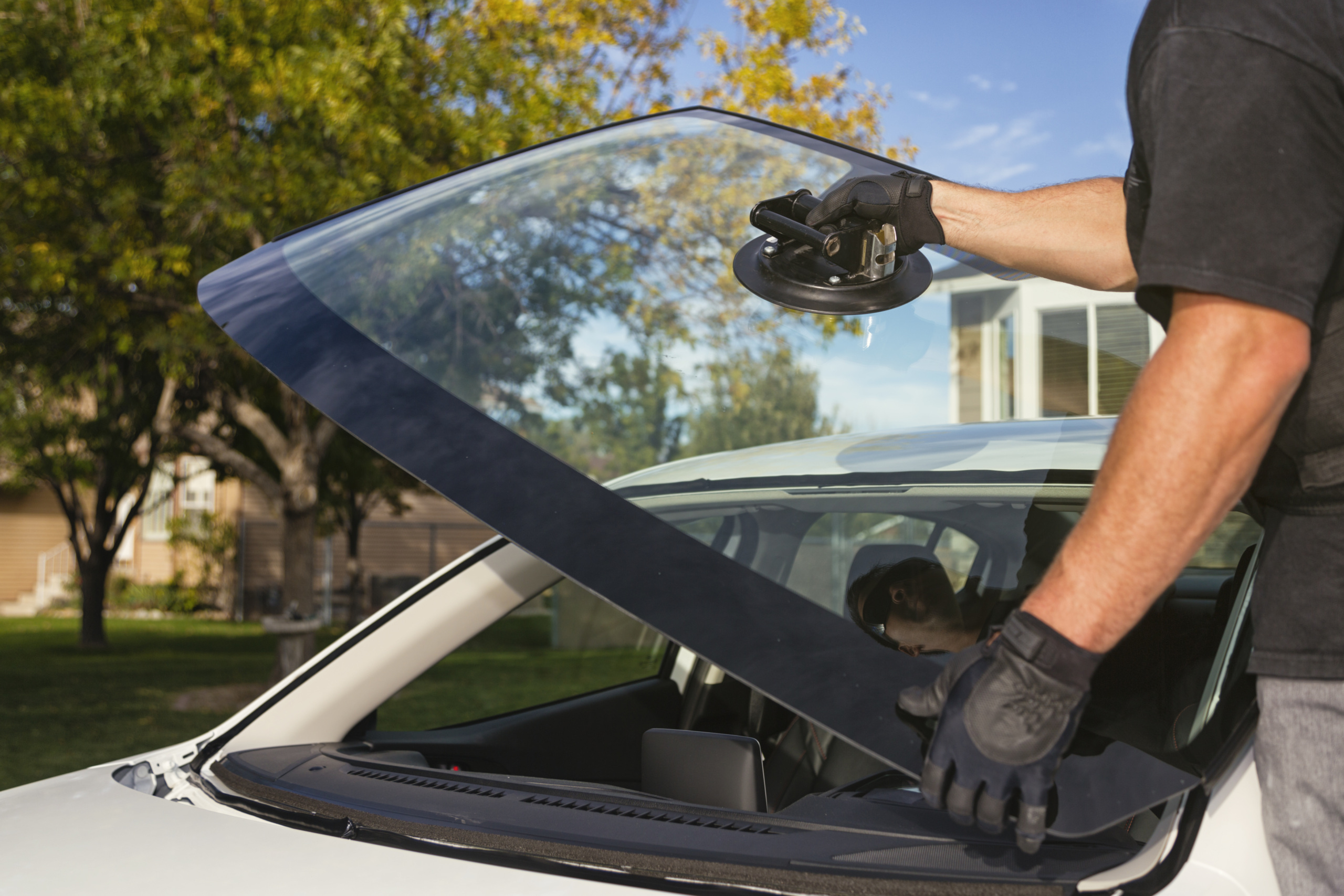
Counting the hidden cost of driving
Record gas prices have hit many Americans hard – but when it comes to recouping the massive environmental, health and other costs imposed on society by America’s car dependency, what we pay at the pump doesn’t even scratch the surface.

With gas prices soaring to record highs over the last few months, we have all, once again, become acutely aware of the cost of filling our tanks. But while the numbers on the price ticker might be higher than we’re used to – and while the impact of those numbers on many people across the country will be very real – they still don’t come close to what they would be if that ticker also tallied up the environmental, health and social costs of that gallon of gas as you’re pumping it into your tank.
As much as the visible costs of driving are in the news, the invisible costs are every bit as real and every bit as serious. These costs include (but are certainly not limited to):
Vehicle crashes
Every year, on average, almost 40,000 Americans are killed in vehicle crashes, and millions more hospitalized with serious injuries. In addition to the incalculable human cost, crashes take a major financial toll: the National Safety Council estimates that in 2020, the financial cost of vehicle-related deaths, along with injuries and property damage, totaled almost half a trillion dollars.
That figure itself is most likely extremely conservative. A more detailed breakdown published by the National Highway Traffic Safety Administration in 2015 calculated that, in 2010, motor vehicle crashes imposed an estimated $292 billion ($2021) in economic costs – including lost productivity, medical costs, congestion-related costs, property damage, legal and court costs, emergency service costs and others. But when “quality of life valuations” are taken into account, that figure shoots up to just over $1 trillion. And those costs aren’t all picked up by drivers – they’re absorbed by insurers, crash victims, third parties and the government, at a cost of almost $22 billion to the general taxpayer.
Air pollution
Research published in 2013 estimated that air pollution from road transportation emissions is responsible for at least 58,000 deaths in the U.S. each year, making transportation the largest single contributor to premature deaths from air pollution. More recent research, however, suggests that this figure is almost certainly a major underestimate. Pollutants in vehicle exhaust have been linked to heart, vascular and lung conditions, cancer and a wide range of other illnesses – and again, in addition to the enormous human toll, these impacts come with a huge price tag. A 2007 study estimated the annual cost of damage imposed by air pollutants nationwide (not including CO2) to be between $71 billion and $277 billion in 2002, with cars, light-duty trucks and SUVs responsible for around 16% of those damages. The air pollution-related damage attributable to driving, therefore, can be estimated at $10.7 billion to $41.6 billion per year – an average of between $93 and $360 per U.S. household per year.
Climate change
Transportation accounts for roughly a third of total U.S. greenhouse gas emissions – more than any other sector of the economy. The U.S. Energy Information Administration estimates that in 2020, gasoline consumption from transportation resulted in the emission of around 941 million metric tons (MMT) of CO2 and diesel consumption around 432 MMT – together equating to roughly 84% of the sector’s total CO2 emissions. Assuming a “social cost of carbon” of $51 per ton, the social cost of CO2 emissions from gas consumption in the transportation sector would be roughly $48 billion and diesel emissions $22 billion. These are costs that are absorbed by all Americans – regardless of whether or not they drive – as well as others around the world, and even future generations. Emissions from diesel and gasoline together impose an annual burden equivalent to $570 for every American household.
Noise pollution
The estimated costs of traffic-related noise pollution in terms of property values alone are somewhere in the region of 0.4-0.6 cents per mile driven, but if taking into account healthcare and other costs, such as lost workplace productivity due to illness, this figure would be considerably higher. Indeed, the health effects of traffic noise are numerous and often serious, ranging from impaired mental health, insomnia, depression and anxiety to increased risk for cardiometabolic diseases, cardiovascular diseases and strokes. Limited data exists on the magnitude of the costs associated with noise-related health conditions in the U.S., but studies from Europe suggest that they are substantial. A 2011 report by the European Commission estimated the social cost of road traffic noise in the EU as €36 billion (2011€) ($43 billion [2021$]) per year. A 2014 Swedish study estimated the social cost of road traffic noise in Sweden as more than SEK 16 billion ([2014 SEK; $1.9 billion [2021$]).
And that’s just the tip of the iceberg. Other unpriced external costs of automobile use range from the costs of traffic congestion (one study found that the hours lost to traffic delays cost the U.S. economy a total of $179 billion every year) to the environmental costs of improper disposal of vehicles and parts, to water pollution from automobile components and road salt, to the military and geopolitical costs of oil dependency.
If these costs were reflected in the cost of a gallon of gasoline or a mile driven in a car, we would most likely do a lot less driving, sustainable transportation options would become relatively less expensive, and the death, damage and misery imposed by our dependence on cars would be much reduced.
But it doesn’t work like that. Gas taxes don’t even cover the cost of building and maintaining roads, let alone recoup the massive environmental, health and other costs imposed on society by a car-dependent system of transportation. Instead, those costs are shifted to others, including victims, taxpayers and future generations. In other words, we are all – whether we like it or not – subsidizing the most dangerous and polluting mode of transport at the expense of getting to grips with the real transportation priorities of the 21st century.
Image: Dawn McDonald via Unsplash
Topics
Authors
James Horrox
Policy Analyst, Frontier Group
James Horrox is a policy analyst at Frontier Group, based in Los Angeles. He holds a BA and PhD in politics and has taught at Manchester University, the University of Salford and the Open University in his native UK. He has worked as a freelance academic editor for more than a decade, and before joining Frontier Group in 2019 he spent two years as a prospect researcher in the Public Interest Network's LA office. His writing has been published in various media outlets, books, journals and reference works.
Find Out More

Wider highways don’t solve congestion. So why are we still knocking down homes to build them?

Four ways to look at a project (or policy, or almost anything)

From gray to green: How (and why) to depave

